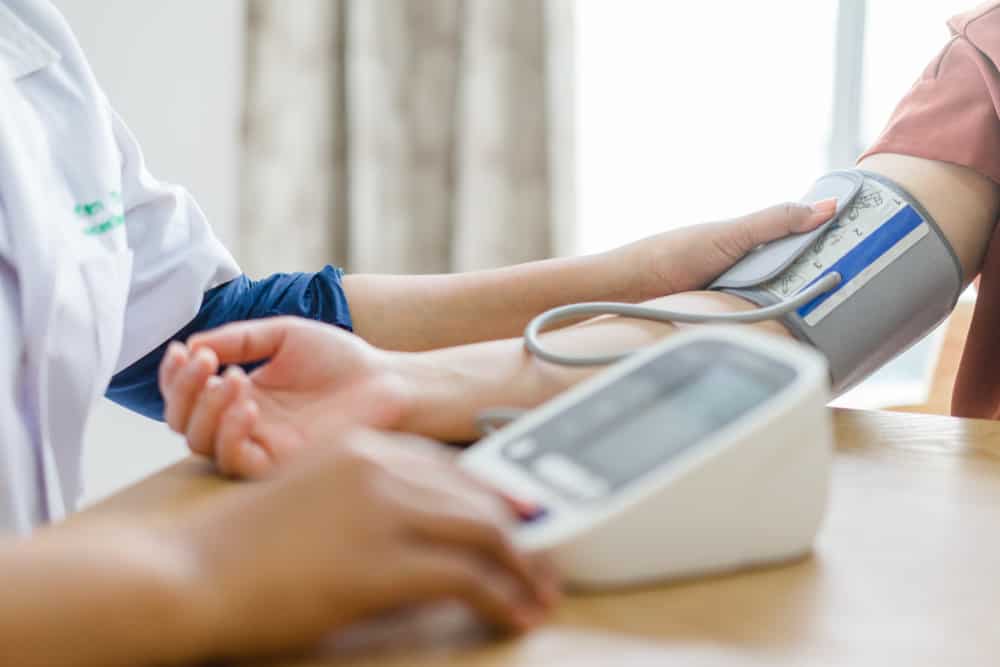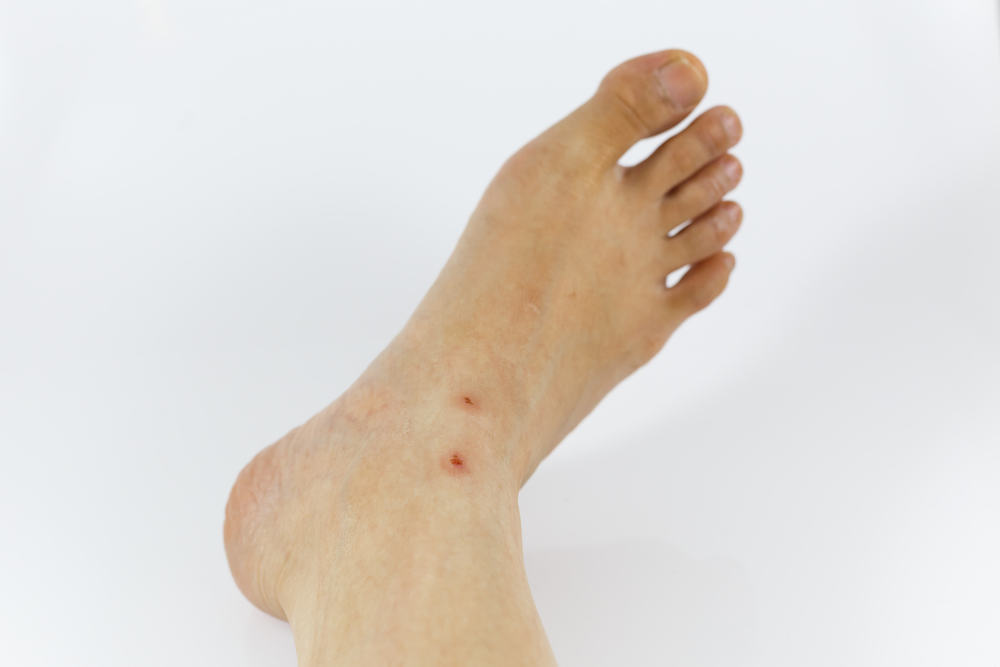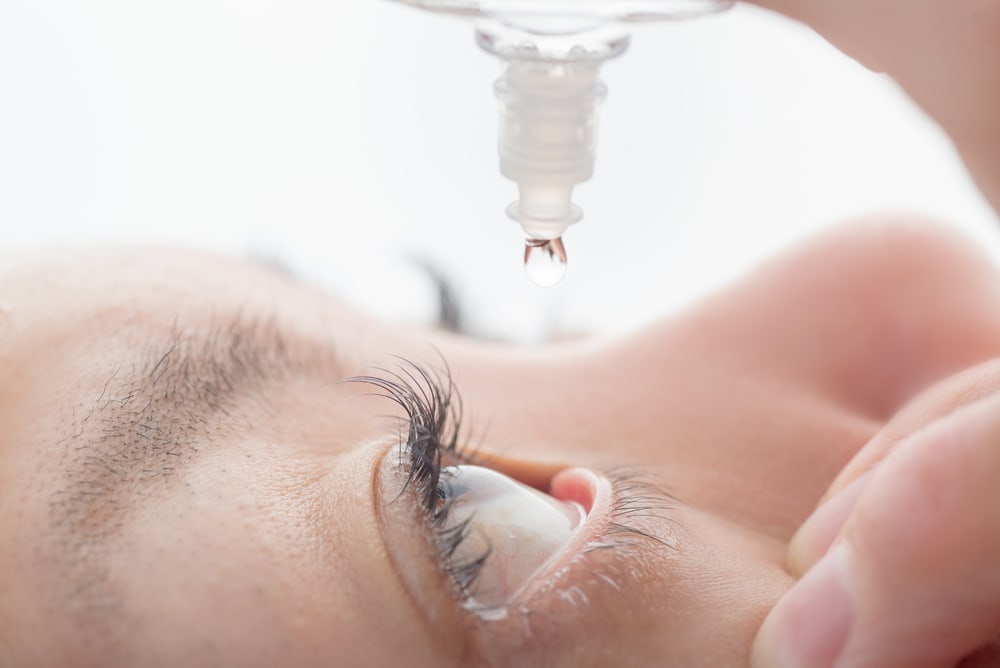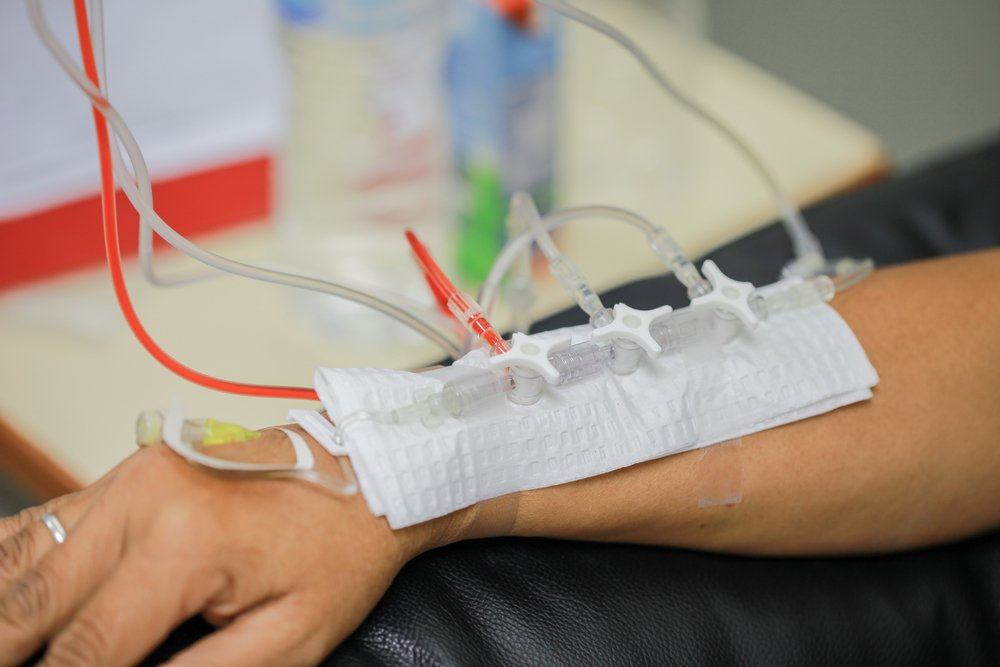Contents:
- Medical Video: High Blood Pressure | Hypertension | Nucleus Health
- Risk factors for hypertension in women
- 1. Use of birth control pills
- 2. Pregnancy
- 3. Menopause
- Treatment options also differ between men and women
- Drugs also work in different ways
Medical Video: High Blood Pressure | Hypertension | Nucleus Health
Hypertension, aka high blood pressure, affects men and women differently. Women have a lower risk of hypertension than men. However, hypertension in women is generally more complicated than men. In women, there are many risk factors for hypertension that may occur.
One of them is due to the influence of the hormone estrogen. These hormones protect women from diseases of high blood pressure and heart attacks. Unfortunately, as we get older the production of a female hormone estrogen will decrease, so that this hormone protects against high blood pressure and even heart attacks will decrease.
As a result, women have the same risk as men related to hypertension as they age.Consider the various risk factors for hypertension in women below.
Risk factors for hypertension in women
Here are some things that can be a risk factor for hypertension in women:
1. Use of birth control pills
There are studies that link birth control pills with high blood pressure. Especially if you also smoke. If you are thinking of starting using birth control pills, here are some important things for you to do:
- Quit smoking
- Check your blood pressure before using birth control pills
- Check blood pressure regularly every six months
If you are overweight, have a family history of high blood pressure, or have had a complex pregnancy before, your doctor will probably do your blood pressure checks more often. Please consult a doctor for more information.
2. Pregnancy
The risk factor for hypertension that is common in women is pregnancy. Yes, pregnancy can cause gestational hypertension, which is blood pressure soaring during pregnancy. This condition can occur quickly, so it is common for your doctor to monitor your blood pressure thoroughly during pregnancy.
If the mother is proven to have gestational hypertension, usually the doctor will immediately take care to avoid problems for the mother and baby. Pregnancy can also make pre-existing high blood pressure worse. If you plan to become pregnant, it is important for you to:
- Check blood pressure regularly
- Routinely consult a doctor to check the contents and check blood pressure
- Carefully obey the instructions given by the doctor
3. Menopause
Again, the risk factors for hypertension only exist in women, namely menopause. During menopause, estrogen levels drop dramatically. Besides causing hot flashes (heat sensation), menopause also results in a decrease in estrogen levels which results in an increased risk of high blood pressure.
It is important to monitor your blood pressure during and after menopause throughout your life, because your risk increases during this time.
Treatment options also differ between men and women
Gender differences seem to play an important role in everything from risk factors to hypertension to possible complications. In fact, data show that gender differences may also influence the right treatment options for people with hypertension.
Acute coronary syndrome, one of the possible complications of high blood pressure, is a dangerous condition that requires immediate treatment. Recent data state that the best treatment for acute coronary syndromes is different for men and women.
The choice of treatment for acute coronary syndromes is divided into two general groups, namely invasive and conservative. Invasive treatment includes surgical procedures. While conservative treatment generally consists of medication, lifestyle changes, and monitoring over time.
Some common strategies for invasive methods for treating acute coronary syndromes include:
- Angioplasty
- Heart bypass surgery
- Coronary angiography
Recent research shows that although men with acute coronary syndrome benefit from early treatment using invasive choices, but not for women. In fact, some studies suggest that early invasive treatment in women may lead to an increased risk of heart attack and death.
The reasons for this difference are not entirely clear. But the researchers suspected a connection with differences in stress response, blood vessels, and heart caused by invasive treatment.
Data show that women with acute coronary syndromes should be treated with conservative choices, at least when the disease is still at an early stage. Even if only considering conservative treatment, women still have to consider the choice of medicines used for treatment.
Drugs also work in different ways
For example, a common drug that is often used for acute coronary syndromes (to avoid strokes and heart attacks) is Abciximab. This drug is known as glycoprotein IIb / IIIa inhibitor. Generally, abciximab works by stopping platelets from sticking together, which reduces the risk of blood clots forming.
Interestingly, although abciximab seems to work well in men and women, it turns out that this drug increases the risk of complications when used in women.
When used in full, the added risk of this drug is more detrimental than the benefits obtained. In other words, the use of abciximab in women in the early stages of acute coronary syndrome can be dangerous, although this drug is beneficial for men.
Apart from these differences, the general rules of treatment remain the same in men and women. Eating well, exercising, maintaining a healthy body weight, and keeping away from smoking are the most effective ways to fight both acute coronary syndromes and high blood pressure in general.
















